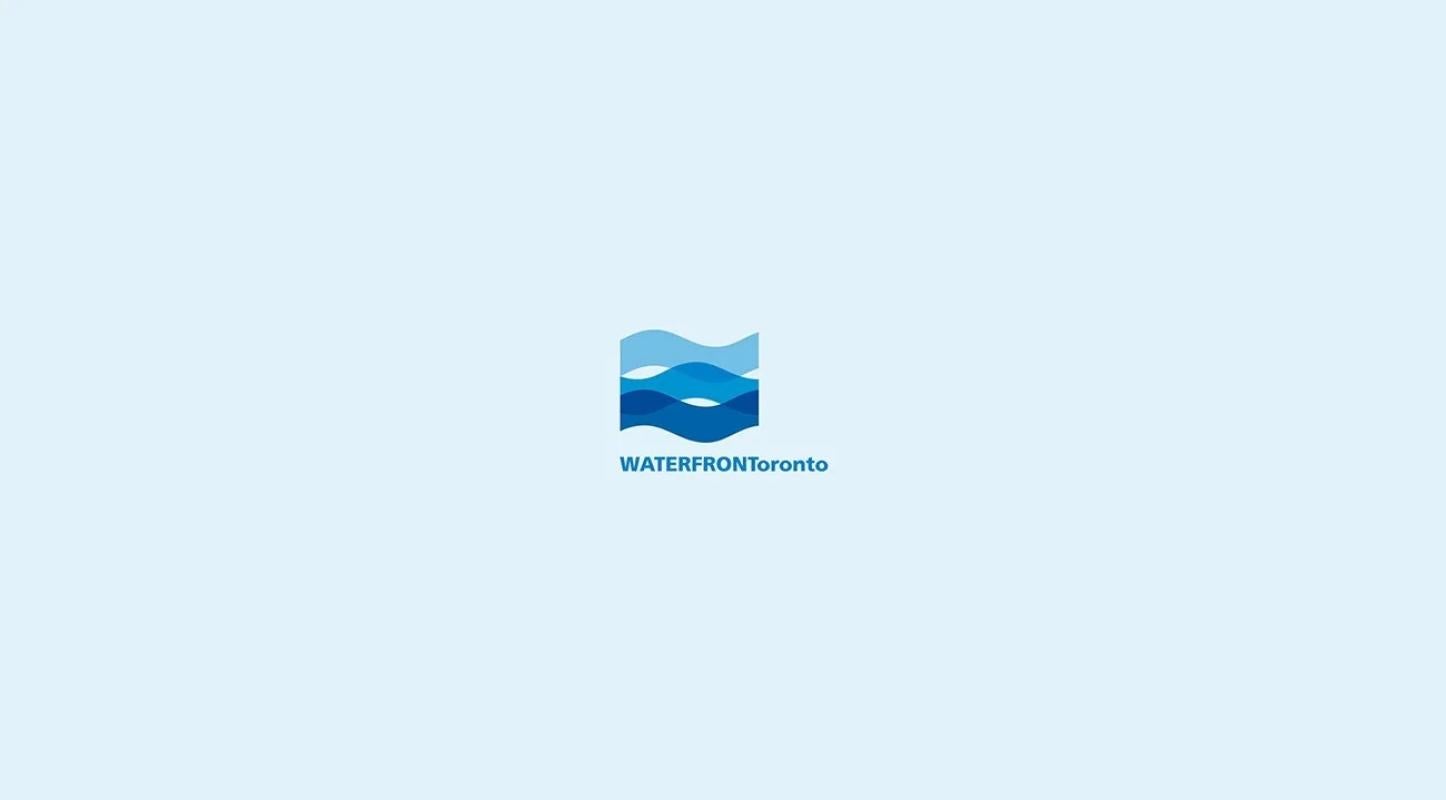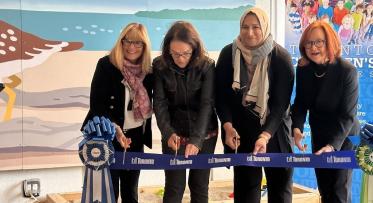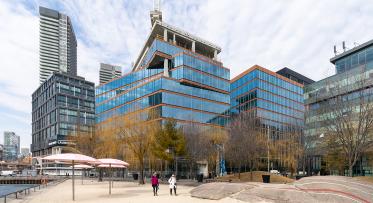Letter to Toronto City Council on Next Phase of Waterfront Revitalization
July 7, 2014, Toronto, ON—Waterfront Toronto welcomes the strategic review by the City of Toronto on the next phase of waterfront revitalization. Half way through our twenty-year revitalization mandate, progress on the waterfront is significant and visible.
It is useful to recall that Waterfront Toronto was created in 2002 by federal, provincial and municipal governments to undertake one of the largest brownfield revitalization projects in the world. Governments recognized that the multitude and complexity of interests on the waterfront required a special purpose corporation to develop and deliver plans for the long-term benefit of the residents of Toronto. They understood, and the lack of previous progress on Toronto’s waterfront demonstrates, that these objectives, including funding requirements, would be impossible for any one level of government to achieve on its own. This tri-government engagement in the revitalization of Toronto’s waterfront has been marked by uniquely successful collaboration. This was recently confirmed in a 2013 Evaluation Report by the federal government.
To date, Waterfront Toronto has delivered a significant positive return on its $1.3 billion investment, attracting $2.6 billion in private sector development and creating more than 16,000 full-time years of employment. The original government seed capital is on track to be effectively paid back in new taxes and revenues generated by Waterfront Toronto developments.
In the past ten years Waterfront Toronto has invested more than $800 million in new municipal infrastructure. We have flood protected over 519 acres of the city’s eastern downtown, extending to the financial district, thereby mitigating billions of dollars in potential flood costs to governments. Seventy-five percent of these infrastructure investments have been funded by federal and provincial governments, thereby leveraging the city’s investment to date.
There are currently 44 development projects planned and/or underway on privately-owned lands in proximity to where Waterfront Toronto has invested heavily in essential infrastructure. These developments have an assessed value of more than $9.6 billion. When complete, these projects will deliver $3.4 billion in revenues to the three levels of government. Global developers such as Hines and Canadian developers such as Great Gulf and Tridel, confirm overwhelmingly that their investment decisions on the waterfront have been prompted and accelerated by the infrastructure and the certainty created by Waterfront Toronto’s vital investments and master-plans.
These mixed use developments are not only building new waterfront communities but are also delivering economic development and job opportunities that are key goals of Waterfront Toronto’s revitalization strategy.
While revitalization is well underway, the true value and return on investment of completing the project will be exponential, not incremental. That is why we are talking to our government partners about the best way to fund the work that needs to be done to complete the mandate we have been given, specifically, the flood protection of the Lower Don Lands, the Port Lands and surrounding communities through the re-naturalization of the Don River, the East Bayfront LRT line, which would connect the emerging communities along the eastern waterfront to Union Station, and continuing our investments in great public spaces and parks. Completion of this essential work is necessary to unlock the development potential of the Port Lands and adjacent lands.
Governments have always confirmed that additional public investment would be required to complete the revitalization of Toronto’s Waterfront. The results of the recent Port Lands Acceleration Initiative carried out at the direction of Council have re-confirmed this, as do several City staff reports.
Since its inception, Waterfront Toronto has been committed to earning the trust and confidence of Torontonians and the broader public that we serve by being honest and open and by acting with integrity and accountability. We have ensured:
- public consultation on every project we undertake;
- open Board meetings;
- proactive reporting on senior management and Board expenses;
- implementation of information disclosure policies that meet or exceed the City of Toronto’s own (2009.EX31.9 Waterfront Toronto’s Proactive Disclosure Initiative);
- regular audits (18 since inception) by the three levels of government and external auditors;
- disclosure of staff salaries through the provincial Sunshine List (the latter is not the case for similar city agencies);
- procurement policies and practices which comply with all relevant federal, provincial and municipal standards; and
- use of a Fairness Advisor for competitive land dispositions.
Moreover, as Waterfront Toronto is funded by, and reports to, the federal, provincial and municipal governments, each level of government has created a Waterfront Secretariat that provides fiscal and policy oversight over the corporation and ensures that the interests of each level of government are protected – including accountability, transparency and value for money.
But we are not complacent. We continually strive to improve our disclosure policies based on tri-government standards and best practices. For example, the disclosure and transparency policies that Executive Committee recommended Waterfront Toronto adopt at its July 2, 2014 meeting are already in place:
- Adoption of a Freedom of Information Policy: Waterfront Toronto’s Freedom of Information Policy is not only similar to that of the City of Toronto but also consistent with the freedom of information policies of federal and provincial governments. The policy has been available on Waterfront Toronto's website since 2012;
- Retaining an Open Meeting Investigator similar to the City’s policy: Waterfront Toronto has had an Open Meeting Investigator, former Ontario Chief Justice Colter Osborne, in place since 2013;
- Adoption of a Wrong Doing Policy similar to the City’s policy: Waterfront Toronto has had a Disclosure of Wrong Doing policy in place since 2009. The policy can be found on Waterfront Toronto’s website.
Waterfront Toronto has been the subject of politicized discourse recently and we welcome the opportunity to participate in a fact-based review to assist City Council as it considers the next phase of waterfront revitalization.
Sincerely,
Mark Wilson, Chair, Waterfront Toronto
Read the Letter to Toronto City Council [PDF]
Media Contact:
Andrew Hilton, Director of Communications and Marketing, Waterfront Toronto




